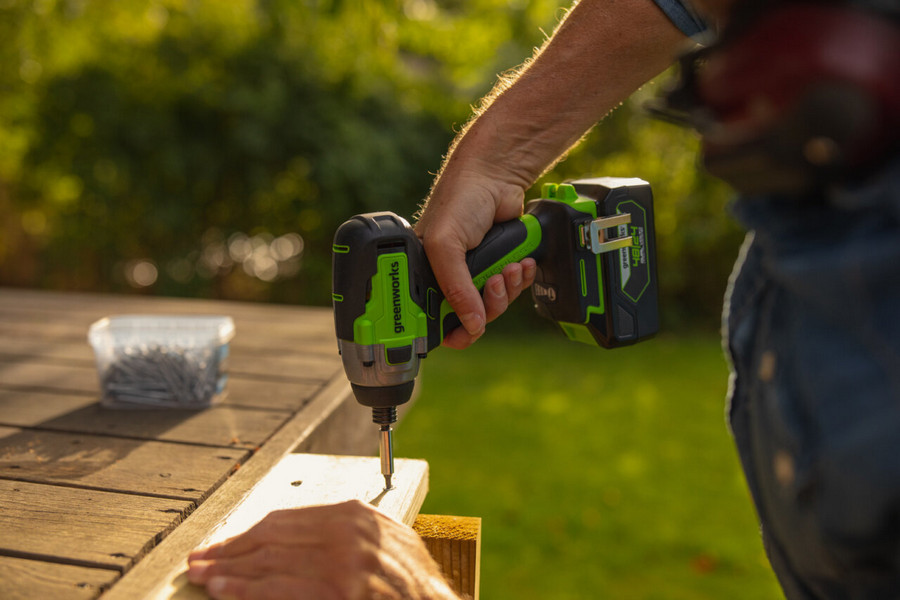In order to maintain nuts and bolts during critical construction projects in Dubai, an impact wrench and an impact driver are the most popular equipment. Although these two tools appear to be the same, they serve distinct functions. Understanding the primary differences between impact drivers and spanners allows you to select the appropriate tool.
Main Goal
To drive fasteners and screws use an impact driver. Its high torque allows it to drive screws quickly and without peeling or camming.
Impact Wrench
Used to tighten nut and screw applications in manufacturing, construction, and vehicle maintenance. Tightening screws are made easier with strong torque.
Produce Torque
The impact driver’s low to medium torque makes it ideal for screw driving. Impact drivers generate torque ranging from 1,000 to 2,000 pounds.
Torque for an impact wrench ranges from 150 to 3,000 ft-lb. High torque makes this type of wrench ideal for heavy work.
Measurements and Weight
Impact Driver
Its compact, lightweight form improves control and movement in tight situations. Suitable for long-term, non-stressful work.
Massive impact crushers need powerful engines to generate torque. They can be used with one hand but are heavier and larger than impact drivers.
Applications
When framing or assembling furniture with screws and nuts use an impact driver. Ideal for woodworkers and DIY enthusiasts.
Impact wrenches are required in industrial, construction, and automotive applications requiring large nuts and bolts. Popular for torque-intensive tasks like tire changing.
Anvil Group
Most impact wrenches have screwdriver-friendly quarter-inch hex collets. The quick-change feature allows for component replacement.
For impact sockets, impact wrenches come with 1/4- or 3/8-inch square driving anvils. For heavy-duty sockets, this design works well.
Summary
For what tasks do you use power tools? Which contact drivers and impact wrenches are best? For screwing and fastening, the compact, multifunctional driver is perfect. Applications involving nuts & bolts require wrenches with a high torque. DIYers and contractors can choose tools by understanding these traits.
Visit www.industrialsolution.ae for more.

I am a Web Developer. I like to hike, crochet and play video games with my son.


